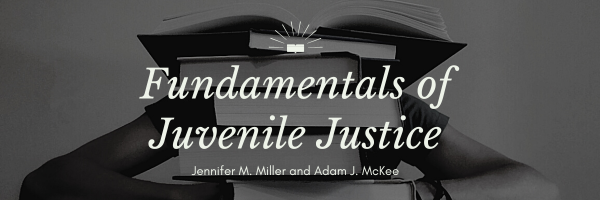Reading Assignment for Section 3.1
Read the following subsection from our online textbook: Section 3.1 Theoretical Perspectives
What You Will Learn
This section explores the different reasons why some young people commit crimes. You’ll learn about theories focused on neighborhoods, families, mental health, and more. Understanding the root causes of delinquency is key to preventing it.
Student Learning Outcomes for Section 3.1
- SLO 1: Define and apply the following theories to explain juvenile delinquency: strain theory, social learning theory, and psychoanalytic theory.
- SLO 2: Describe the potential impact of genetic factors, brain structure, and hormones on delinquency.
- SLO 3: Explain how the Bio-Psycho-Social Model provides a comprehensive framework for understanding delinquency.
- SLO 4: Analyze how two or more different theories could be used to explain a specific case of juvenile delinquency.
- SLO 5: Discuss how theoretical perspectives inform prevention and intervention programs.
Modification History File Created: 04/26/2024 Last Modified: 11/20/2024
[ Text Section | Back | Contents | Next ]
You are welcome to print a copy of pages from this Open Educational Resource (OER) book for your personal use. Please note that mass distribution, commercial use, or the creation of altered versions of the content for distribution are strictly prohibited. This permission is intended to support your individual learning needs while maintaining the integrity of the material.
This work is licensed under an Open Educational Resource-Quality Master Source (OER-QMS) License.
